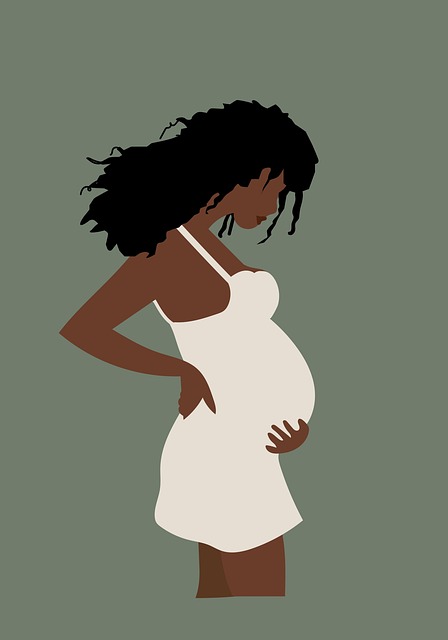Written by Maya Thompson. Reviewed by Sarah Johnson.
Maya Thompson is a fertility advocate, writer, and speaker. After navigating the challenges of multiple failed IVF attempts and losses, she found joy in becoming a mother to a beautiful baby girl. Maya is committed to sharing her journey to support and empower others, while also challenging societal stigmas, particularly within the South Asian communities. Through her advocacy, which includes contributions to various publications (like The Guardian and Healthline), video series, and speaking engagements, she aims to create a space for open discussions about fertility, loss, and hope. Follow Maya’s journey on Instagram (@mayathompson).
Content Warning: Pregnancy loss and grief.
For those who are fortunate enough to welcome a child after experiencing loss, there is often an unspoken expectation to simply count blessings and refrain from expressing any discontent. Now that your long-awaited baby is in your arms, it’s suggested that you leave the past behind and embrace the future. While I understand that fixating on past pain can be unhealthy, the emotional scars from those experiences don’t simply disappear once you become a parent.
My journey to motherhood was marked by significant heartache. My first pregnancy ended in a chemical loss before the fifth week—a brief moment of hope that vanished before I could fully grasp its significance. The second pregnancy, made possible through an egg donor after several failed IVF attempts, came with a mix of anxiety and hope. Each ultrasound was a tense moment, filled with the fear of loss juxtaposed against the hope of new beginnings.
The day we learned that our much-desired baby had no heartbeat is etched in my memory forever. The shock of that moment was compounded by the sight of other expectant mothers in the waiting room, blissfully unaware of the turmoil we were enduring. The emotional toll of that loss left us drained, and after six years of trying, we were hesitant to pursue more IVF treatments, despite having two frozen embryos left.
As they say, life has a way of surprising you when you’re busy making other plans. Months after my miscarriage, I found out I was pregnant again—this time without any medical intervention. I tried to remain detached, fearing that letting myself hope would lead to more heartache. Yet, as the pregnancy progressed, it became increasingly difficult to hold back my emotions. The days between scans were filled with anxiety, and the only moments of peace came when I could see my baby on the ultrasound screen and hear that precious heartbeat—a sound that felt like a balm for my anxious soul. Still, as soon as I left the clinic, the worry would creep back in, reminding me that uncertainty was a constant companion: “Today, I’m pregnant. What tomorrow holds is unknown.”
People often reassured me to not worry, but as nervous system expert Lottie King pointed out, “The fear in pregnancy after loss is not a conscious choice. It is the nervous system’s way of remembering and protecting itself from past trauma.”
Eventually, I had a smooth pregnancy that ended with a planned C-section. Even after envisioning this moment for so long, it felt surreal when I finally met my daughter. Despite having nine months to prepare myself for this reality, I found it challenging to reconcile my dreams with my experiences. There was an instant connection with my baby, but I still needed time to process the entire journey—from my initial loss to the challenges we faced along the way.
The fourth trimester proved to be a less-than-ideal period for deep reflection, especially as we navigated new parenthood in a foreign country without family support. In rare quiet moments, I would oscillate between immense gratitude for my beautiful girl and the grief for what we had endured and lost. Guilt also lingered like an unwelcome guest, reminding me to feel thankful while processing the pain of our past.
For those navigating similar journeys, understanding that both gratitude and grief can coexist is essential. It’s a reminder that your experiences shape your motherhood, and it’s okay to honor both the joy of your child and the sorrow of your losses. For further reading on pregnancy and home insemination, you might find this guide helpful: Pregnancy Using MakeAMom: Your Comprehensive Guide. Additionally, for resources on at-home insemination, check out MakeAMom’s fertility kits, which are tailored to support your journey. For general pregnancy health, visit the CDC’s resource on pregnancy.
Summary
Motherhood after loss is a complex emotional landscape where gratitude and grief coexist. For many, welcoming a child after loss brings deep joy but also the weight of past experiences. It’s essential to acknowledge both feelings, allowing space for reflection and healing amidst the joys of parenting.
SEO Metadata

